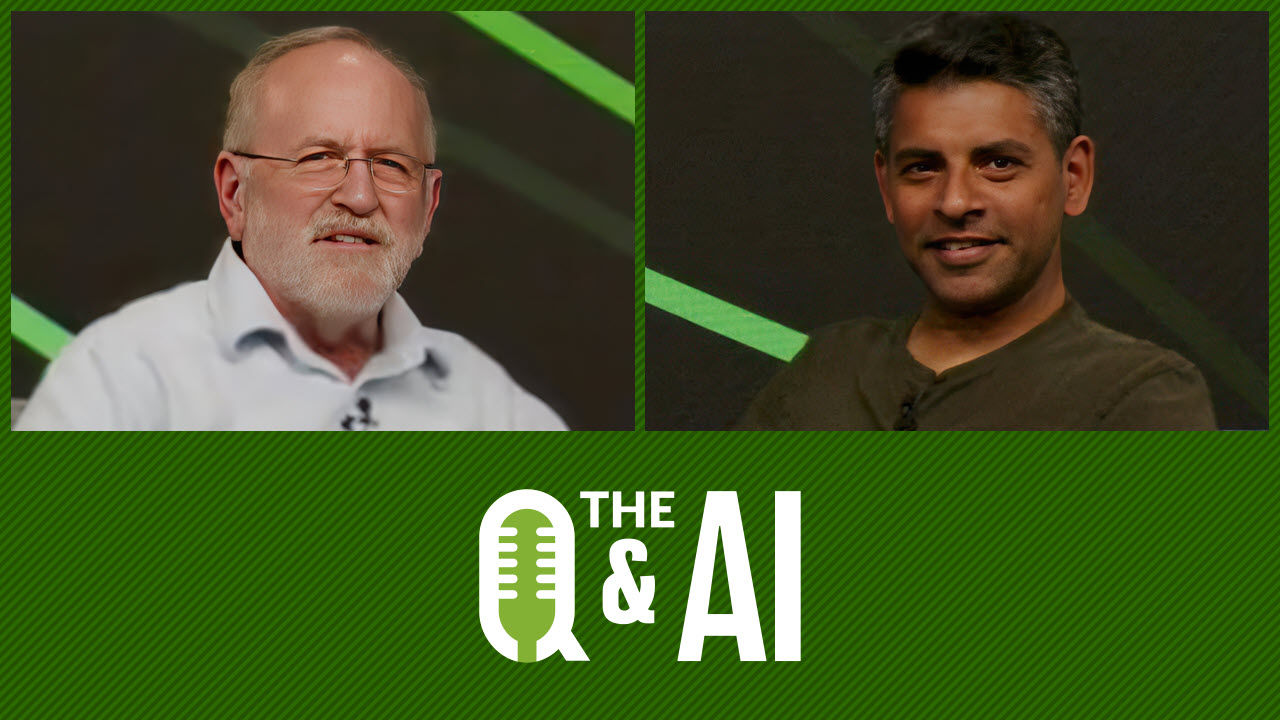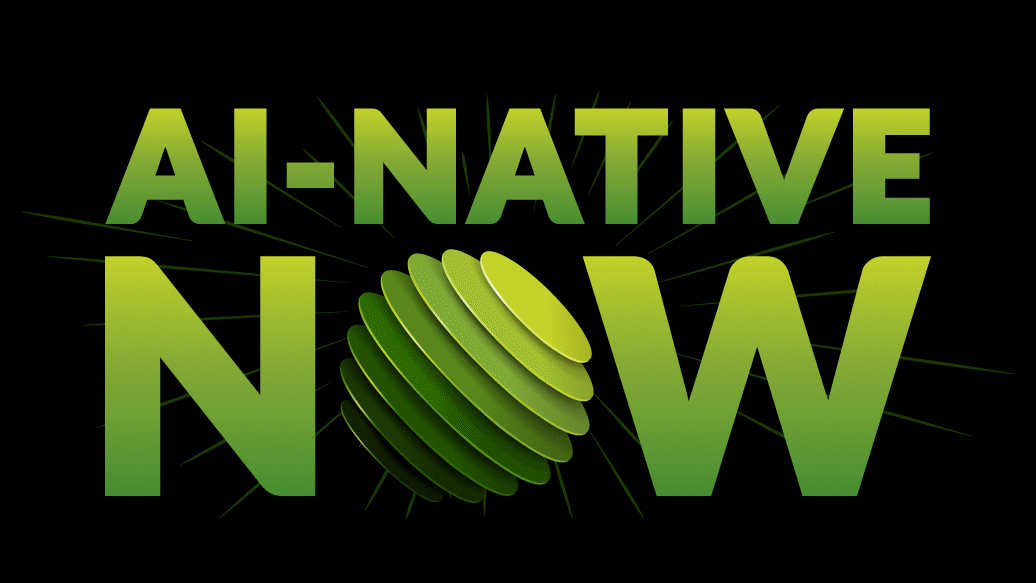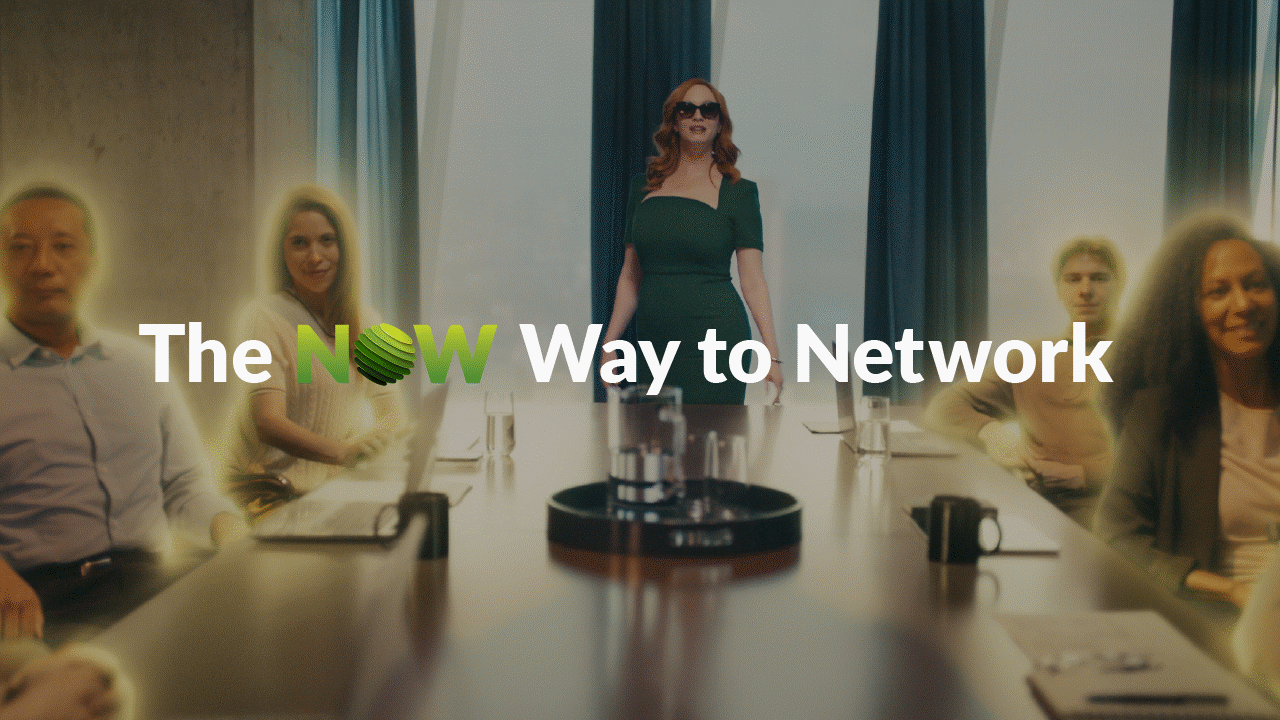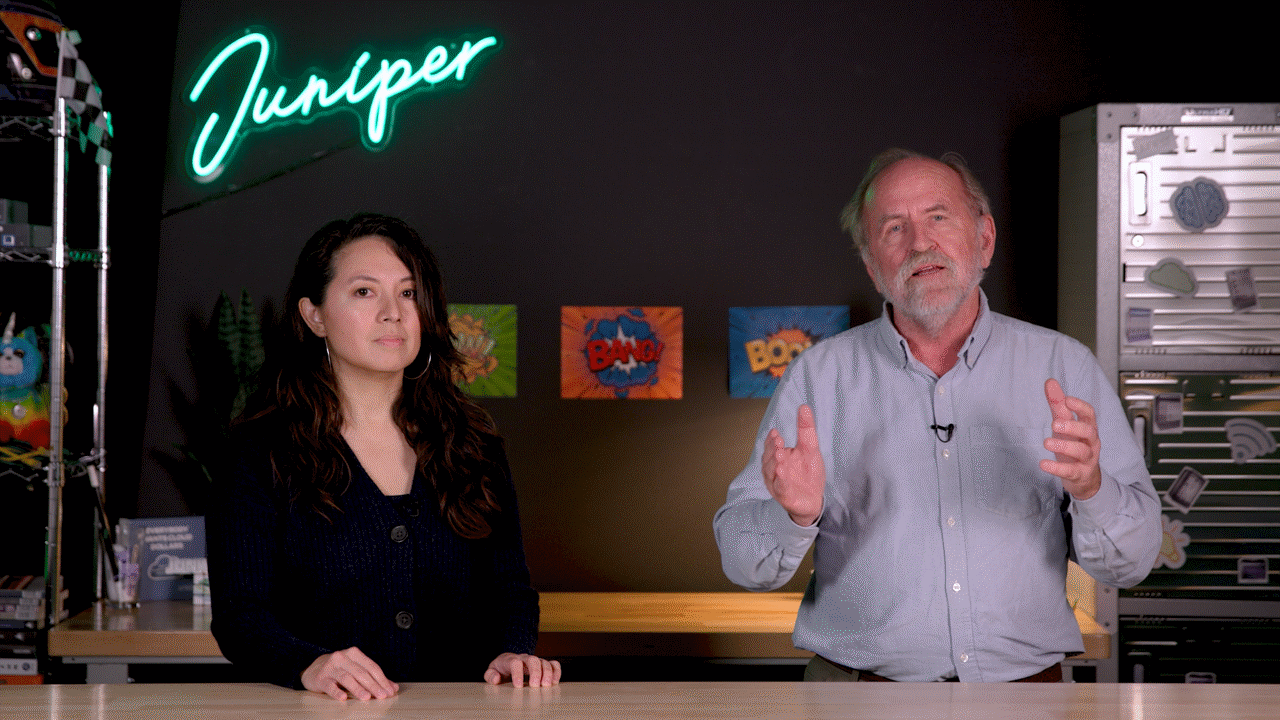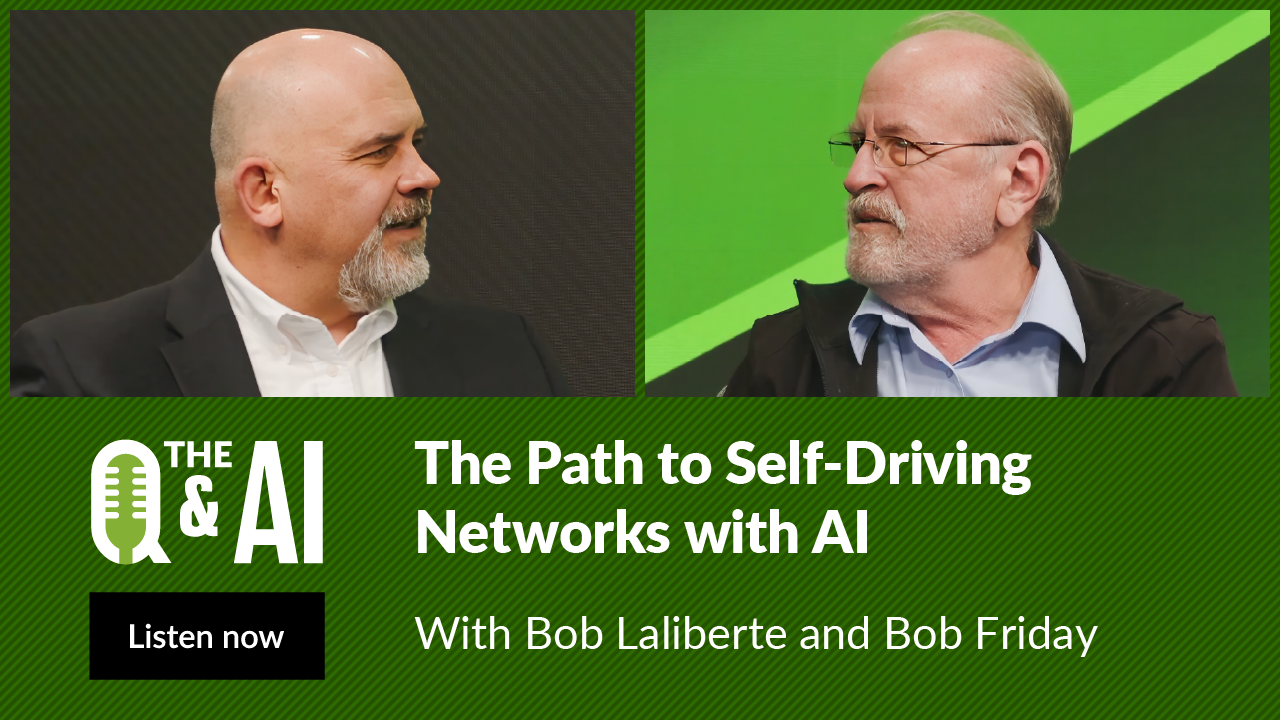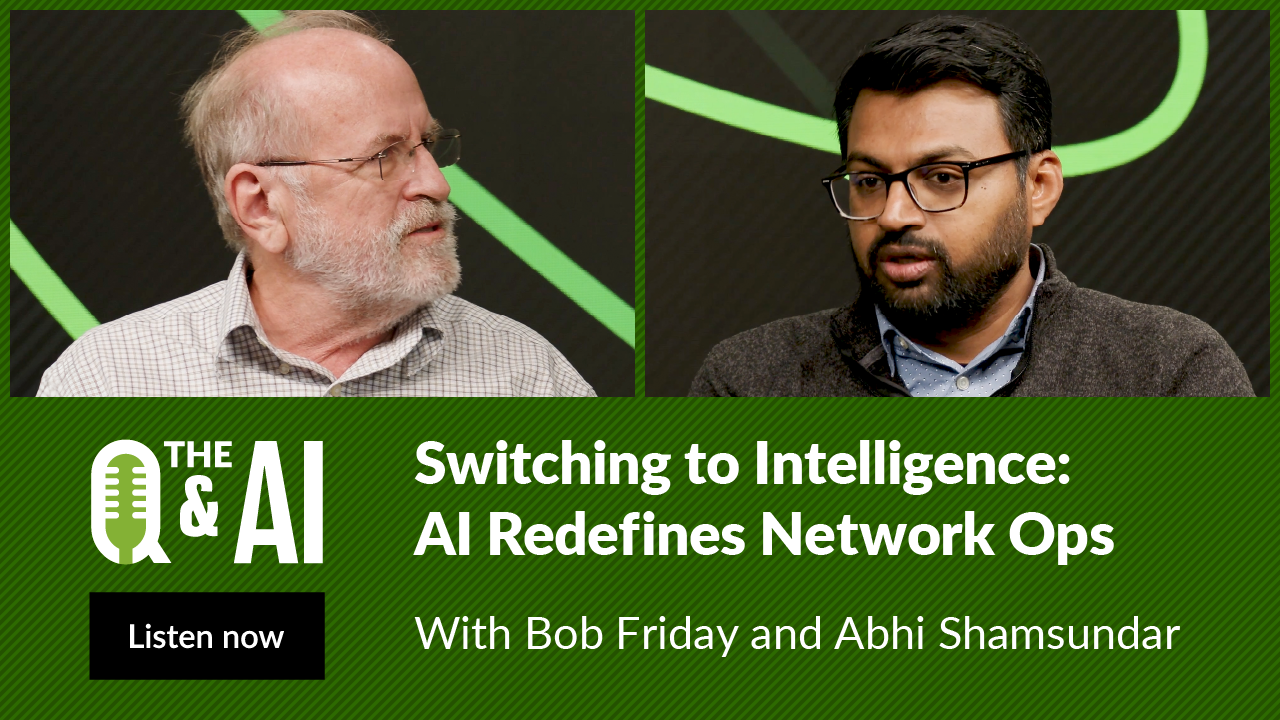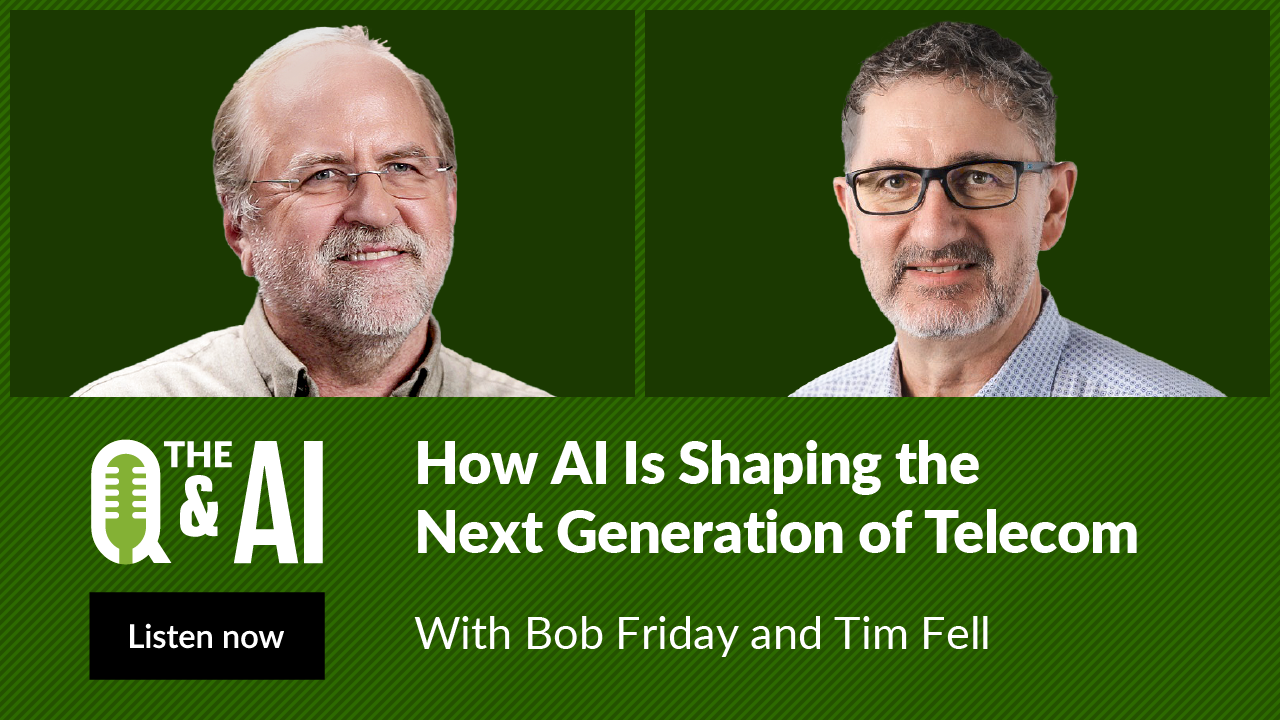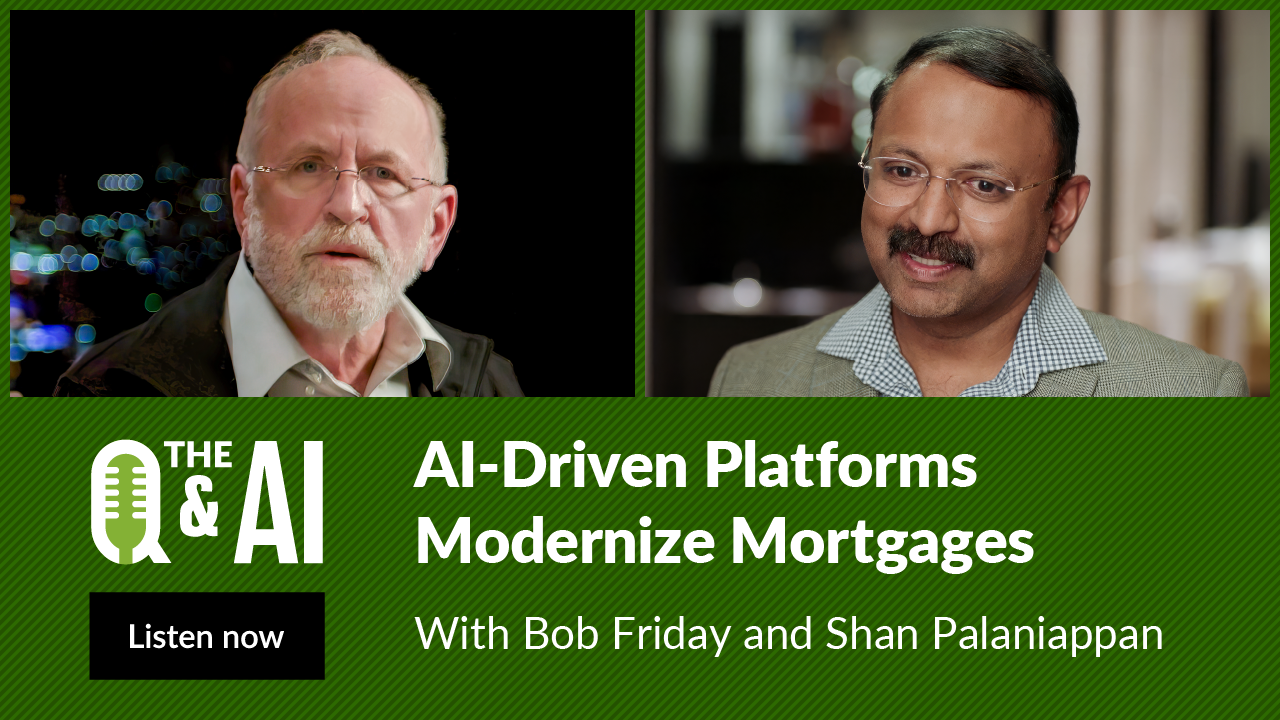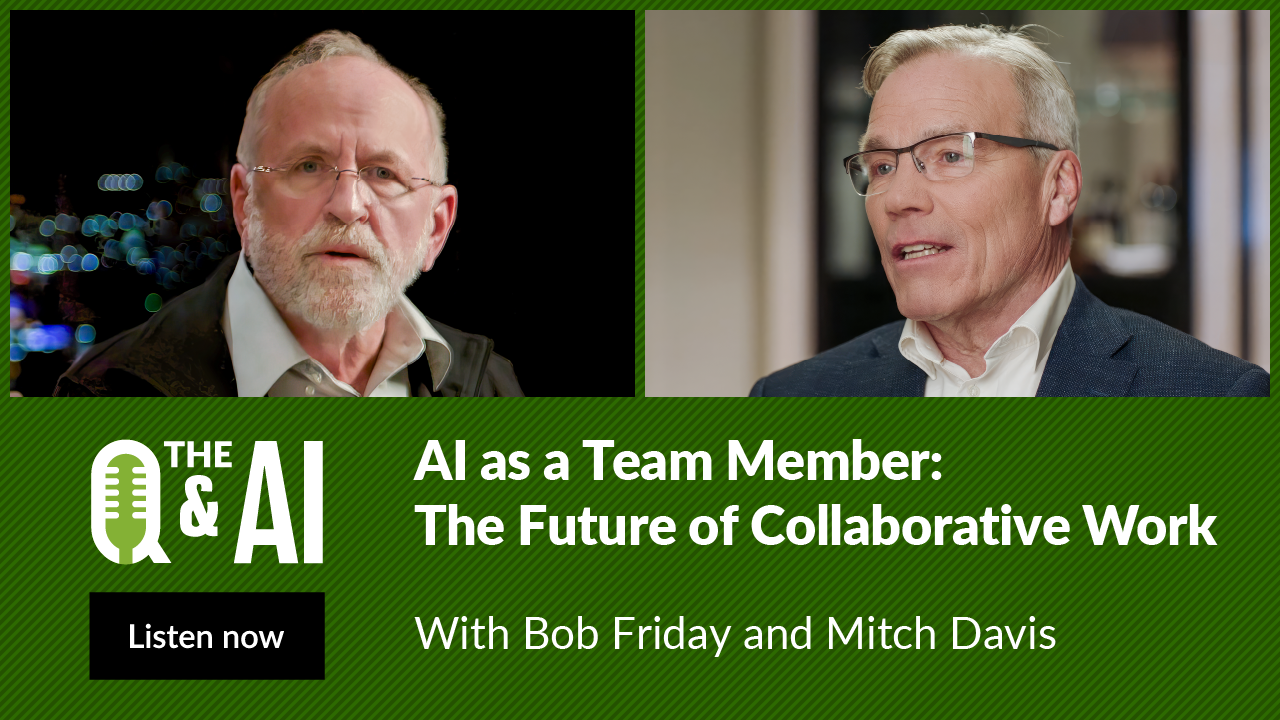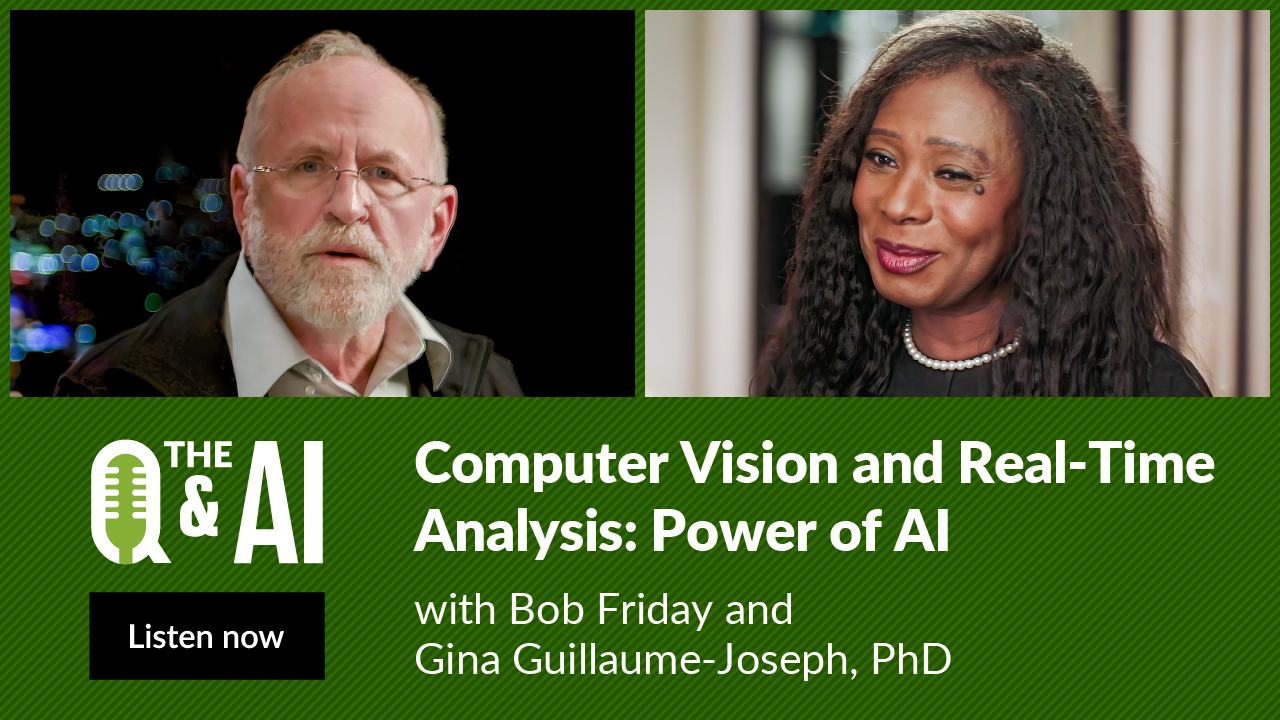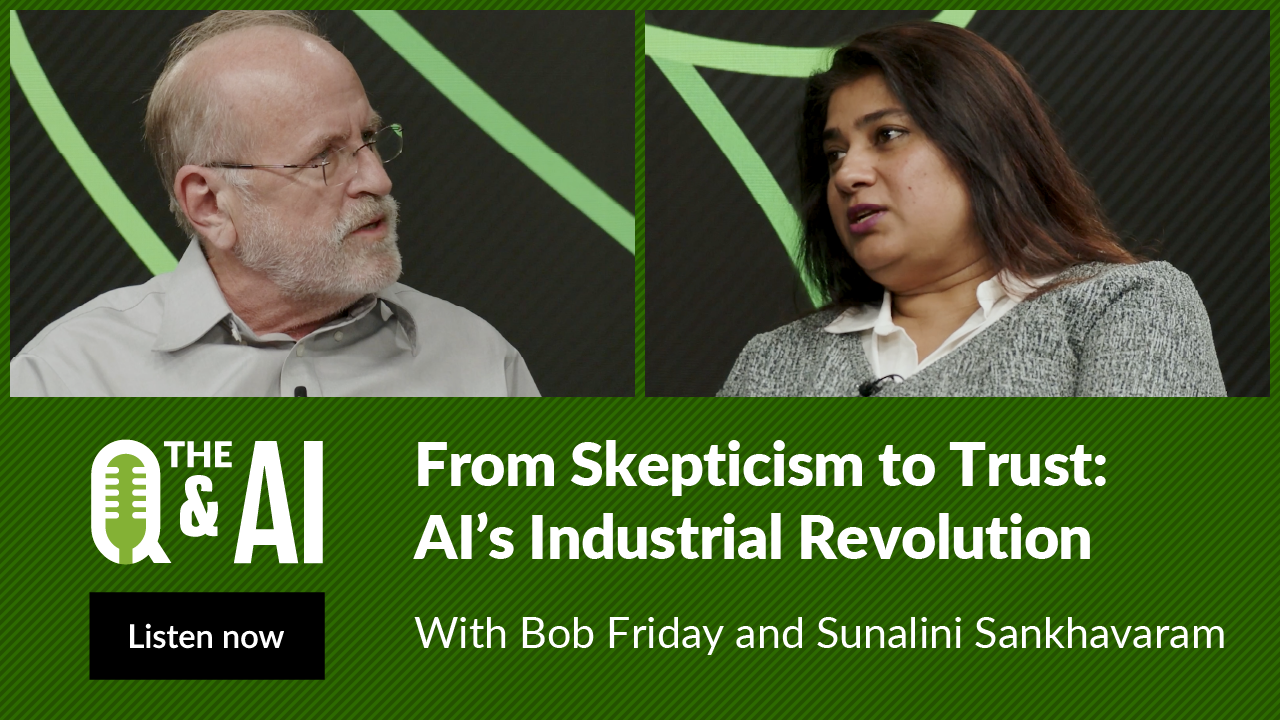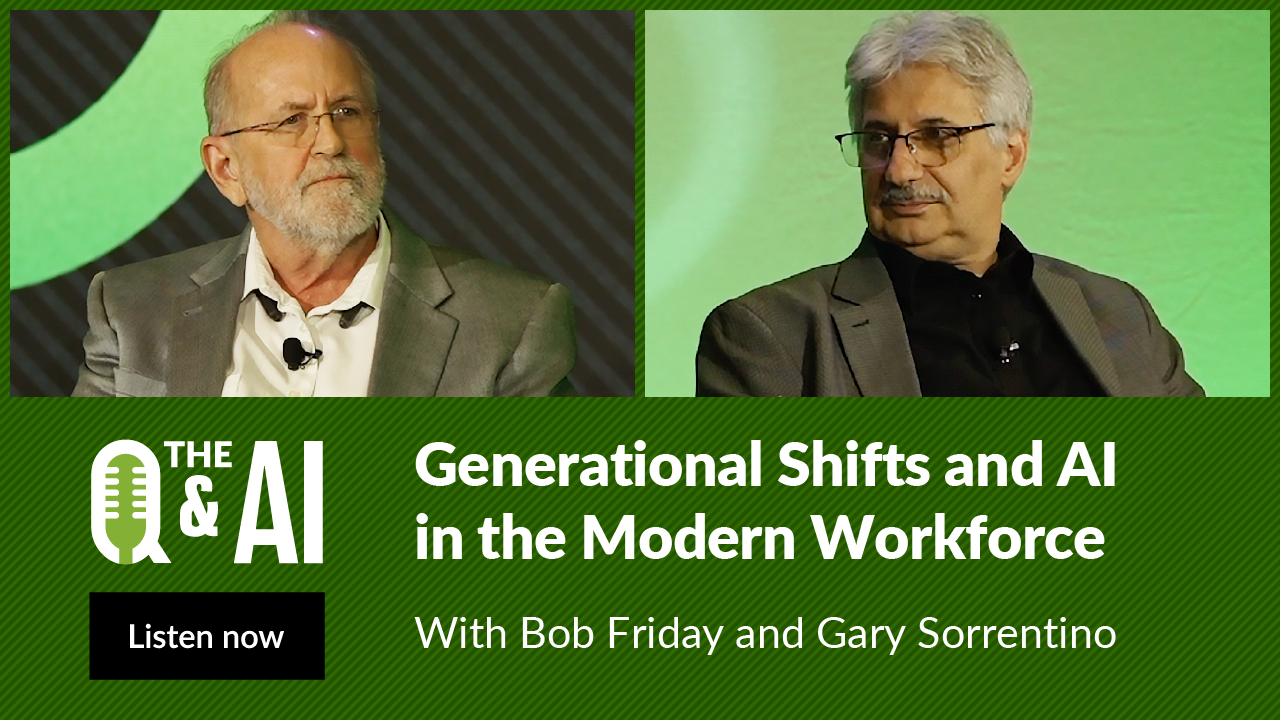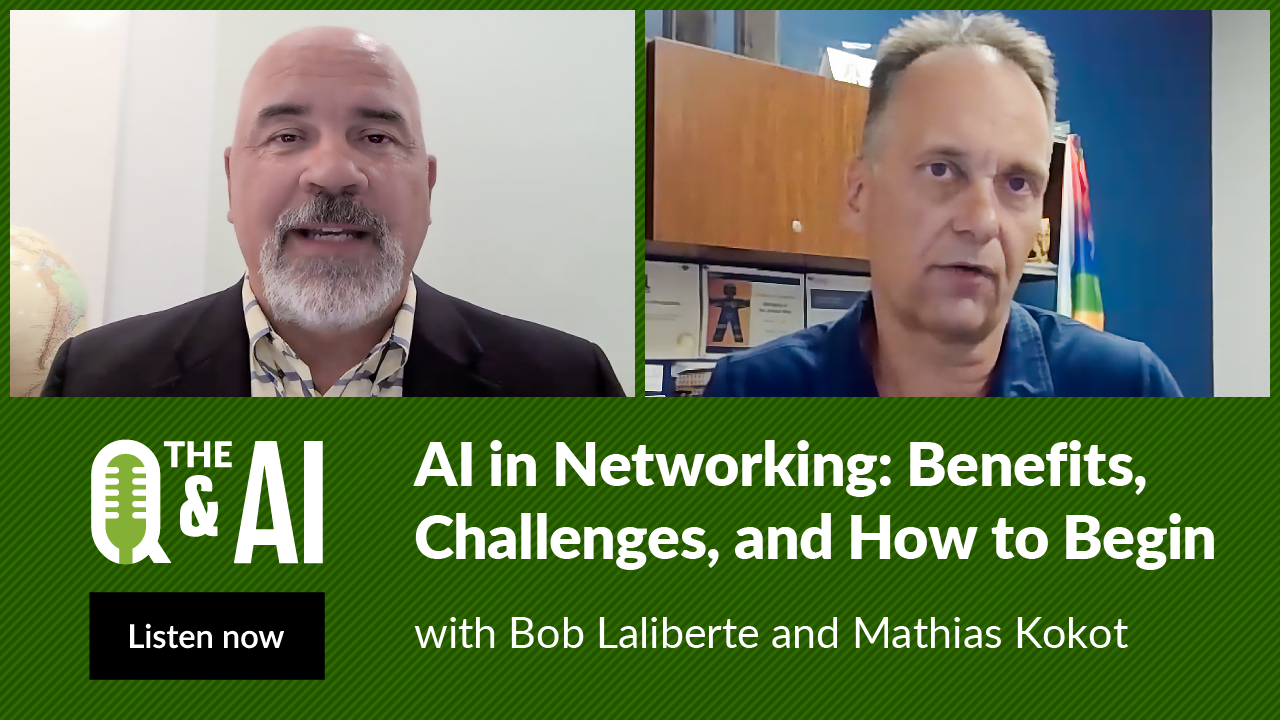The Q&AI: Humanizing Medicine Through AI

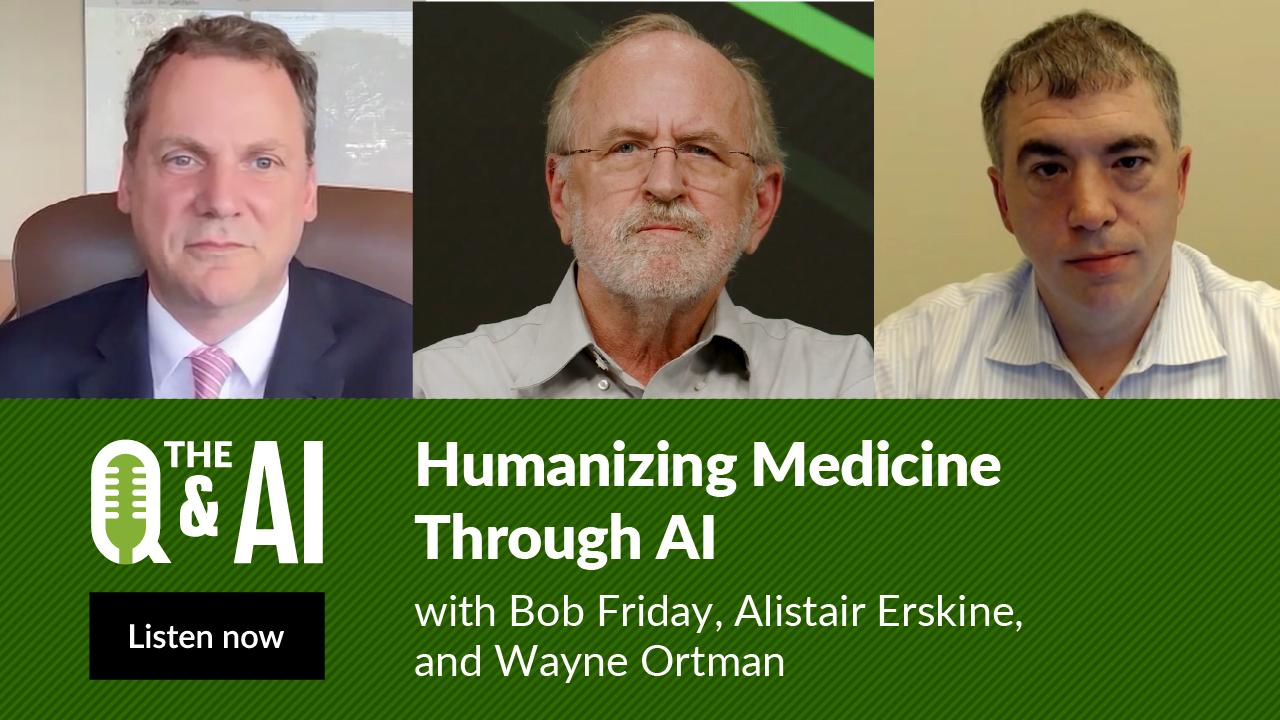
Episode 5: Humanizing Medicine Through AI
From automating routine tasks to improving clinical decision-making, AI is revolutionizing healthcare. In this episode of The Q&AI Podcast, we sit down with a couple of experts from Emory University who help pull the curtain back on the transformative power of AI in healthcare. A range of topics is covered, such as how AI-powered tools are enhancing patient-doctor interactions, leading to more efficient, effective, and compassionate care.
You’ll learn
How AI has revolutionized the patient experience and improved operational efficiency in hospitals
How the evolution of AI models has significantly expanded the possibilities and applications of AI in healthcare
How AI helped identify and resolve an issue that would have impacted clinical care and the student experience, requiring just days instead of months to fix
Who is this for?
Host

Guest speakers


Transcript
Bob: Hello and welcome to another episode of Bob Friday Talks. Today, we have the honor of being joined by two guests from Emory University in healthcare. Wayne Ortman, Director of Network Services, and Alistair Erskine, Chief Information and Digital Officer. Today, we're going to be diving into how AI has revolutionized patient experience and improving the operational efficiency of a hospital.
So Alistair, maybe we'll start with the audience, healthcare, hospitals, they always have the latest and greatest technology, no matter whatever it is, give the audience a little bit about your definition of AI, what's different from all the technology you've been using in healthcare over the years, and AI.
Alistair: There is some confusion because you'll hear everybody talk about the fact that they're using new AI, in their application now. Some of that is actually a good old traditional regression models, and nothing new, but AI really, what differentiates it's really kind of, it aims to create machines that are capable of performing tasks, which typically require human intelligence.
It can do things with problem solving, decision making, creativity, autonomy, like it's really a tool that we can use, especially with the newer forms of that. So initially we talked about AI as being machine learning, and then when we introduce, images, we talked about deep machine learning where you could actually understand if there was a potential diagnosis on an, on an X-ray.
And then, GPT, came along and that introduced a whole new set of AI capabilities with large language models. And that really has been an explosion of possibility and of interesting consequences of using those technologies at the point of care.
Bob: Yeah, I agree, Alistair. I always tell people, you look at these large language models, we're talking about 500 billion trillion weights. They're on the size of a human brain now. So Wayne, maybe over to you on a little bit about the other thing I've seen. When I do my Google searches and look at Google trends, it looks like, hey, 2014 is when all the searches for deep learning, machine learning became started to skyrocketing. When did AI become real for you In healthcare?
Wayne: I think AI's become real and becoming realer on a day-to-day basis. Unlike Dr. Erskine, I'm a technologist. My job is to basically find things that are red and turn them back to green. And over the years, what we're seeing is AI helps us do that on a far more meaningful level.
We're taking processes that would take us days, weeks and months to find problems. And now that can be resolved either automatically or the problems presented to an expert who can say, here's exactly what we believe the problem is. Now we can pull the lever. So I would say that the realist example of it for me really happened fairly recently.
We had an issue in the last two weeks that would have caused impacts to clinical care would have caused impact to the student experience. And AI was able to tell us front and center what the problem was. And we were able to implement a change inside of a few days that two years ago, this would have been a six month ongoing frustration.
Bob: Oh, okay. That's pretty amazing. Now, Alistair, giving your doctor background. I think it'd be great for the audience in terms of from a patient experience point of view. Can you give the audience some examples where AI is really changing the patient experience in healthcare?
Alistair: Yeah, so typically what people are used to when they walk into a doctor's office is, a doctor paying attention to the condition, but they're really paying attention to the computer because they're really, having to enter a lot of information, the clinical note and place orders and look up information and so forth.
And so, recently, there's been an emergence of something called ambient listening. And ambient listening basically, what it feels like is, you walk, as a physician, I walk into the office, I pick up my phone, and I press record after asking consent from the patient, is it okay to record this session, so I can help, write my note.
And I put that down on the table and I forget about it and have a usual conversation with the patient. I can look in their eyes. I can call out items on the physical exam. I can have a conversation about their assessment and what the plan is going to be. And at the end of that visit, I can just say, stop on the recording.
And within a minute, the system will take that transcript, will convert it that into a clinical note that is actually tailored to the kind of doctor that I am. So, if I'm a neurosurgeon or if
I'm an oncologist. It's going to turn it into that note. Now, what does that mean? It means that I'm not spending three hours at night trying to catch up on notes.
It addresses the burnout problem that we've seen from administrative burden with physicians. It also means that the patient now can have a more natural conversation with the doc. And it means that I'm better able to capture what happened in that session instead of having notes polluted with a lot of copy paste.










